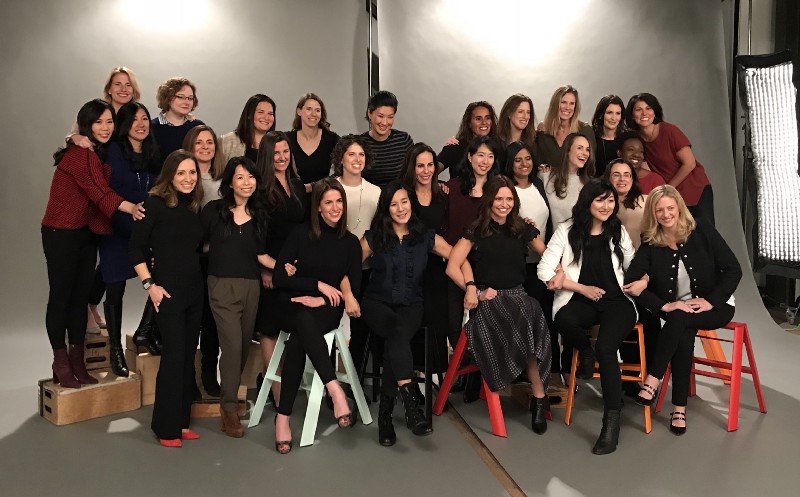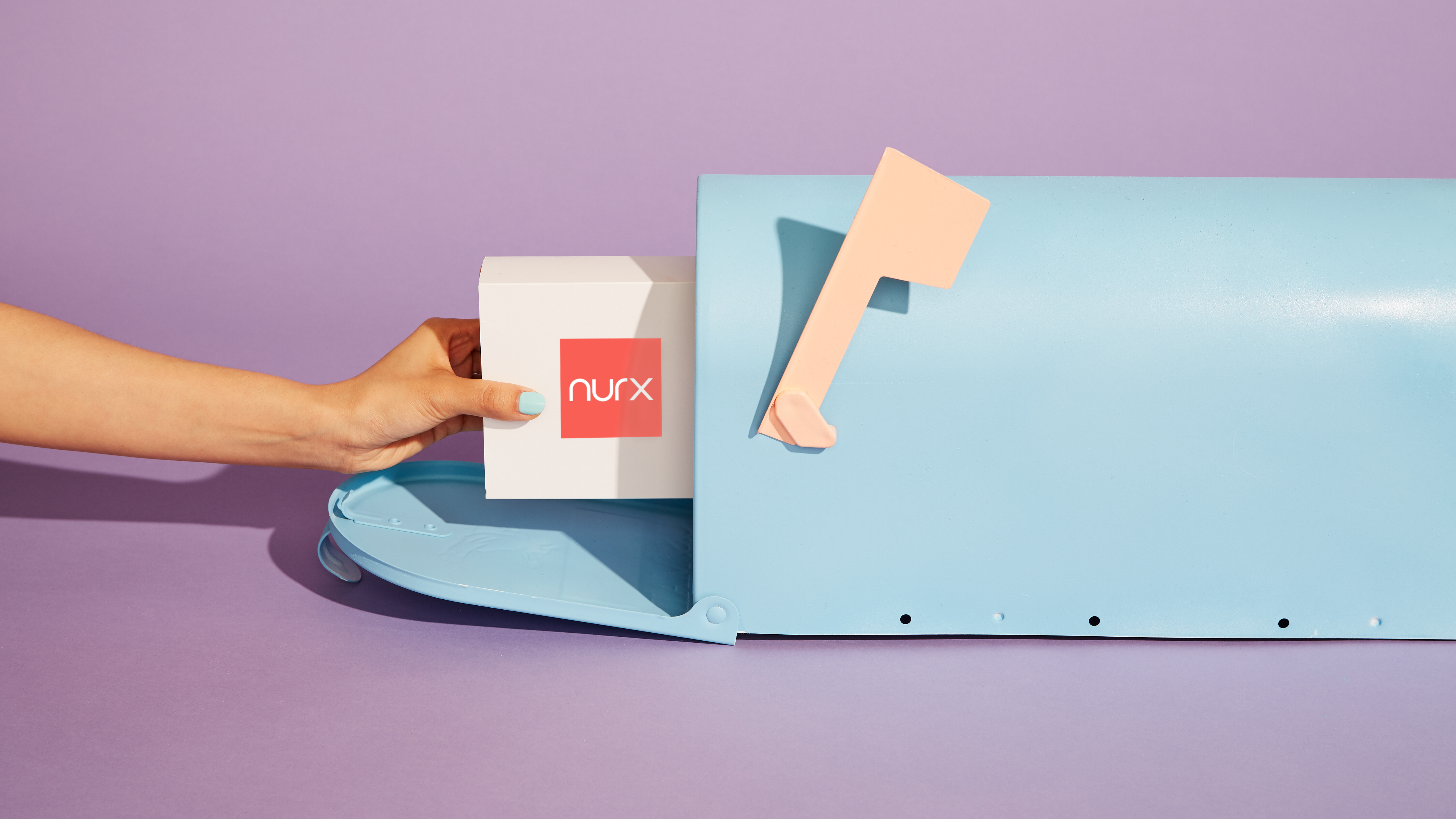Across the political, social and economic stage, women’s issues are finally receiving heightened attention and priority.
There are more women than ever seeking political office; funding for female-founded startups is reaching record levels (even if they still have a long way to go to reach gender parity); a sizable cohort of female-founded and led companies have achieved billion-dollar unicorn valuations; and several women-led companies, including PagerDuty, The RealReal, and Eventbrite, have entered the public markets with successful IPOs.
What’s driving so much positive change?
Clearly, broadened awareness of gender and power issues, largely due to #MeToo, as well as an increase in the number of female investors, thanks to groups like All Raise, are all contributing catalysts. In addition, women now outnumber men in college, a majority of American moms are in the workforce, and in 40 percent of households those women are the breadwinners. But it’s more than that; I believe that there’s a profound generational shift afloat, and that this first wave of female-led unicorns is just the tip of the NASDAQ iceberg.
Unlike previous generations who may have either looked at self-investment as self-indulgence or who simply didn’t have the resources or technology available to make supplementary investments in themselves, today’s badass millennial women are unapologetic about their desire to invest in their own success and well-being. Determined to succeed without compromising their values or physical and mental wellness, these uber-empowered millennial women are making viable a new generation of startups to help them realize their dreams and feel comfortable in their skin. I refer to this economic wave as She-conomy 2.0.
For decades now there have been tech companies, which I refer to as She-conomy 1.0, catering to traditional and homogeneous identities of women primarily as shoppers and caregivers. In contrast, these new modern She-conomy 2.0 brands address latent, historically unmet, often un-discussed and under-served needs that speak to the multitude of other facets of our identities.
These companies have less to do with what women buy and more to do with their willingness to invest in themselves — in their careers and in their physical and emotional health and well-being. They are seeking and are willing to pay for products and services that help them advance their careers, feel comfortable about their bodies, and provide the physical and emotional support they’re seeking.

The founding members of Allraise (Image courtesy of Allraise)
Women are taking control of their careers and supporting each other.
More than two decades ago, when I had my first child, I joined a mom’s group at Stanford Hospital. We were all working moms trying to juggle career and motherhood. It was a truly challenging time for each of us. The group provided such helpful support that we met every Monday evening for five years until our kids were in kindergarten. Why Mondays? Because Mondays are especially hard for working parents, marking yet another week in search of balance. We realized that meeting on Monday evenings provided us with the support we needed to make it through the work week. Perhaps even more critically, it gave us something about Mondays to look forward to.
There’s something incredibly empowering about experiencing a major transition like a new job or new parenthood as part of a cohort. Sheryl Sandberg famously sought to institutionalize this kind of support for working women with her non-profit Lean In. It has dramatically raised awareness around working women’s struggles. However, individual Lean In group leaders are usually volunteers running these sessions on the side while working and shouldering life’s endless list of other responsibilities.
Now a new generation of organizations is offering this support — for a fee. As for-profit organizations, they’re doing so in a scalable, consistent and reliable way. Women don’t have to worry about whether the organizer will be able to carve out time to orchestrate a meeting because doing so is the organizer’s job. Chief, Declare, The Assembly*, The Wing and The Riveter are all examples of companies that are growing and thriving because they’re offering valuable space, support and services that women are willing to pay for. Most of these organizations initially targeted millennials, but women of all generations are benefiting and participating.

A look inside one of The Riveter’s Seattle co-working spaces.
Women are changing the narrative around previously taboo topics and promoting inclusiveness and acceptance of oneself.
It wasn’t long ago that mannequins, much like cover models, only came in one size. Now mainstream brands not only sell broader offerings; they increasingly showcase them in magazines, catalogs, stores and the runway. For example, Nike’s flagship store in London featured both plus-sized mannequins and para-sport mannequins for people with physical and intellectual abilities, and Rhianna’s new inclusive lingerie line regularly presents both plus-size and pregnant models.
Millennials (like all of us) don’t want to feel shamed; they want to feel empowered and beautiful. Instead of settling for frumpy, ill-fitting clothing or outdated product design, millennials are using their social media megaphones to tell the market what they want. Traditional companies like Victoria’s Secret have moved at a molasses-like pace to evolve from treating women as objects of fantasy to celebrating their right to feel great about themselves. Their antiquated practices have created the opportunity for new startups to create brands centered on body positivity. Some companies are filling largely underserved market needs by catering exclusively to larger and specialty sizes, and others are addressing previously taboo topics like body hair, which also contribute strongly to feelings around body positivity. Eloquii offers extended clothing sizes, Ruby Ribbon* and Third Love provide a wide sizing range of under garments and bras, and Fur addresses body hair and grooming.

Women are dedicating more attention to their own health and relationships.
Self-help books have been around for ages, but tech is paving the way for a new generation of services to provide guidance and support that are more convenient and targeted. At the same time, women are increasingly willing to discuss health issues that were previously taboo, like menstruation, menopause and perimenopause, fertility, and depression. Advancements in technology are making health-related self-care more accessible from the convenience of our wristbands and phones. Meanwhile, people are spending a disproportionate amount of their wealth on health, making the entire healthcare industry ripe for disruption.
All of these factors are making femtech big business. Countless new companies are helping women take more active control of their sexual health, including birth control and STI testing (Pill Club and Nurx), period tracking (Flo Health), fertility and egg freezing (Kind Body and Carrot Fertility), menopause (Rory, Genneve), postpartum depression and miscarriage (Maven) and even our relationships (Relish* and Bumble). In addition, no shortage of femtech companies are addressing period care, such as Lola, Cora, The Flex Company, Thinx, and Sustain Natural.
These companies are only viable because so many women — beginning with millennials but expanding out to the rest of us — are now willing and able to invest in themselves. United across a shared mission of female empowerment and inclusivity, She-onomy 2.0 is making it more realistic than ever to empower us to advance our careers, feel good about ourselves and stay healthy. Hats off to the badass millennial women leading this charge; we’re all better off professionally, emotionally and even physically thanks to you!
*Denotes portfolio company for Trinity Ventures
levocetirizine 5 mg is utilized to assuage runny nose; sneezing; and redness, itching, and tearing of the eyes brought about by feed fever, occasional sensitivities, and hypersensitivities to different substances, for example, dust bugs, creature dander, and form.
ReplyDelete